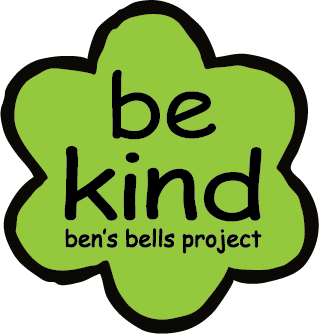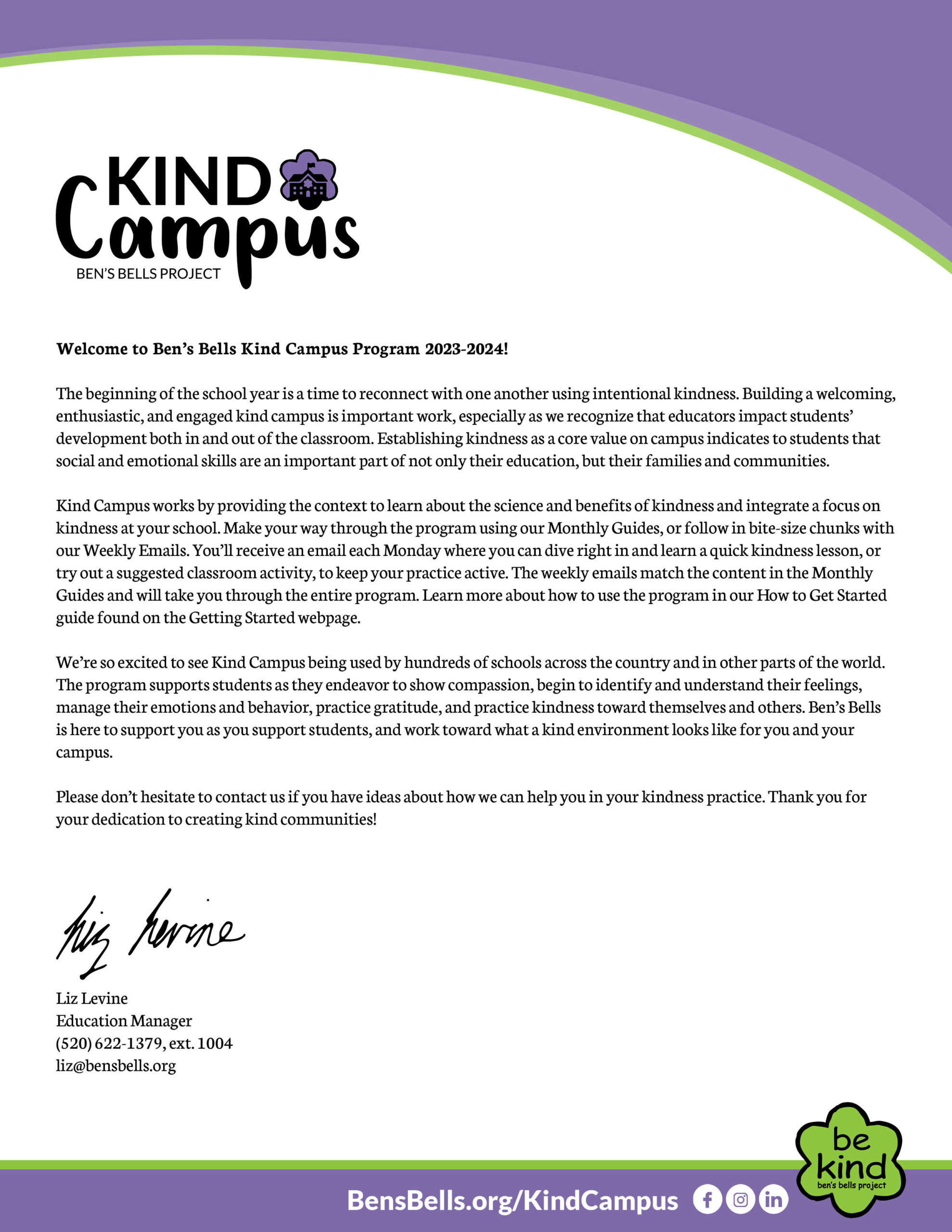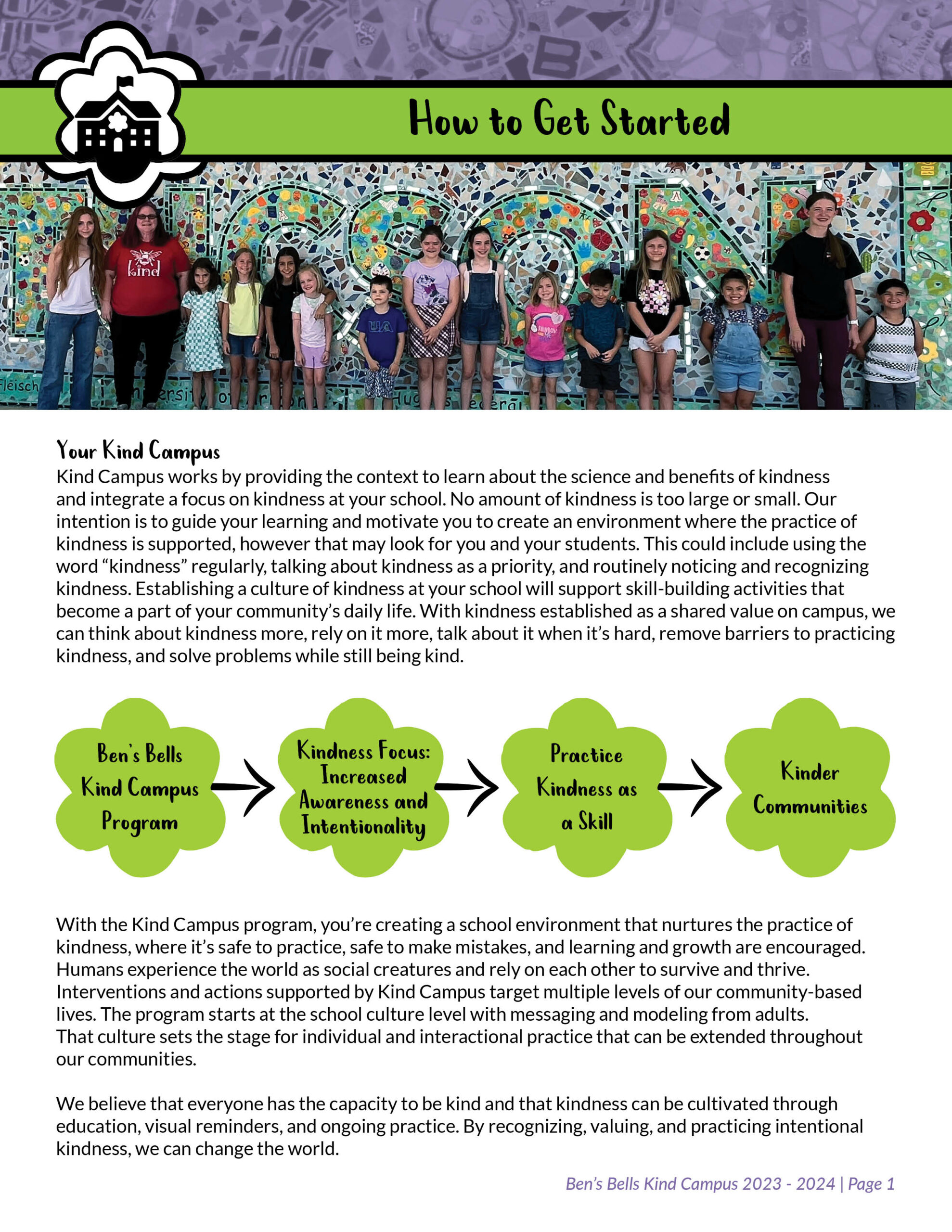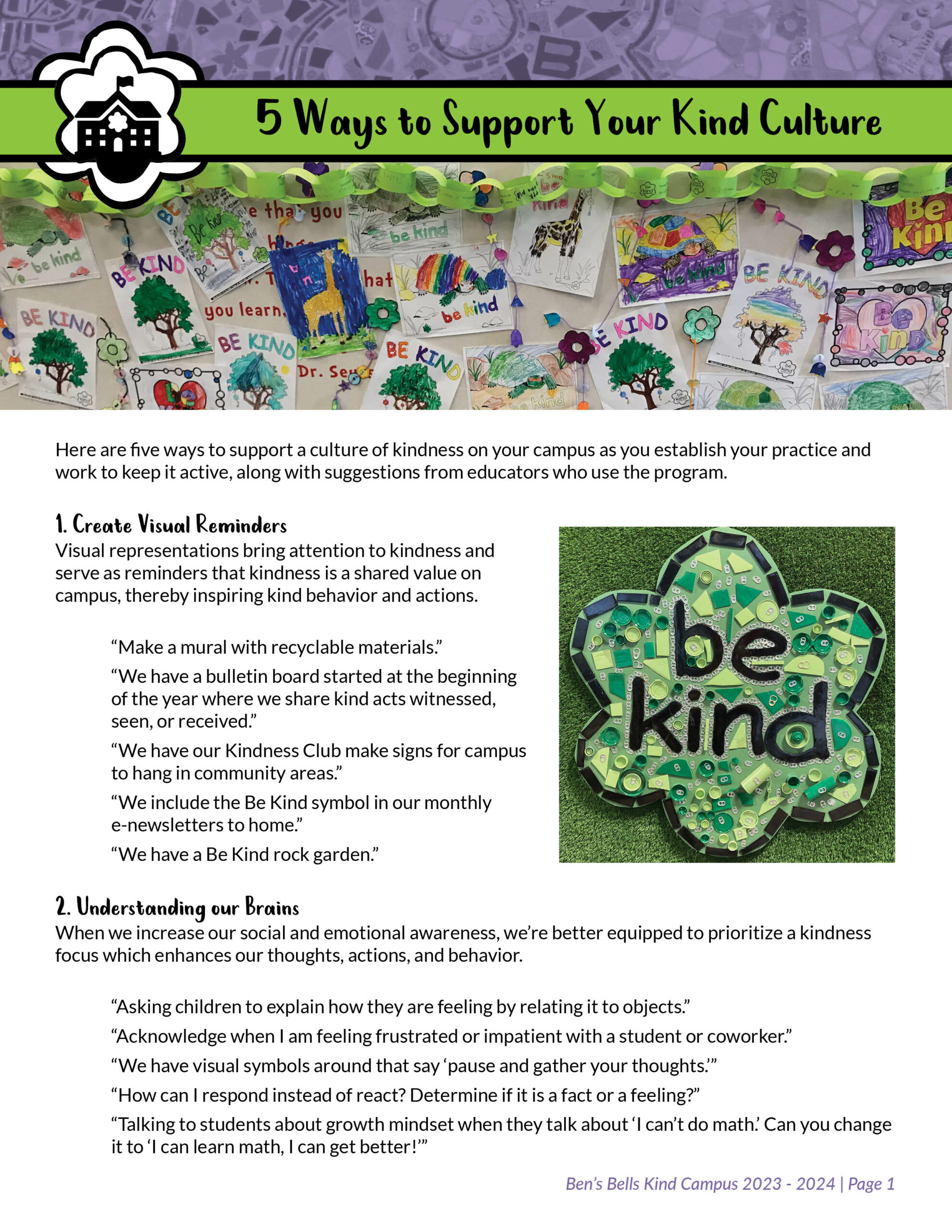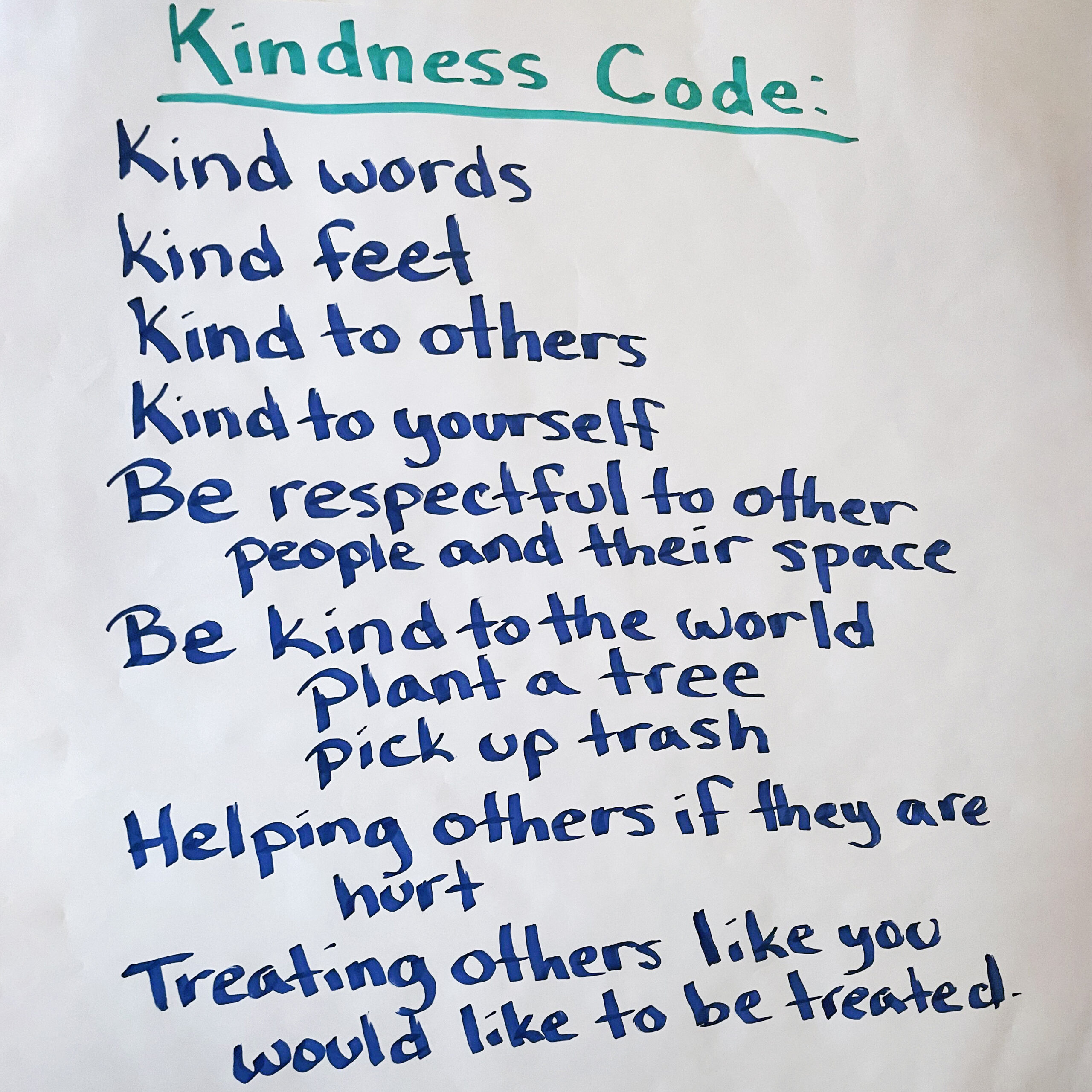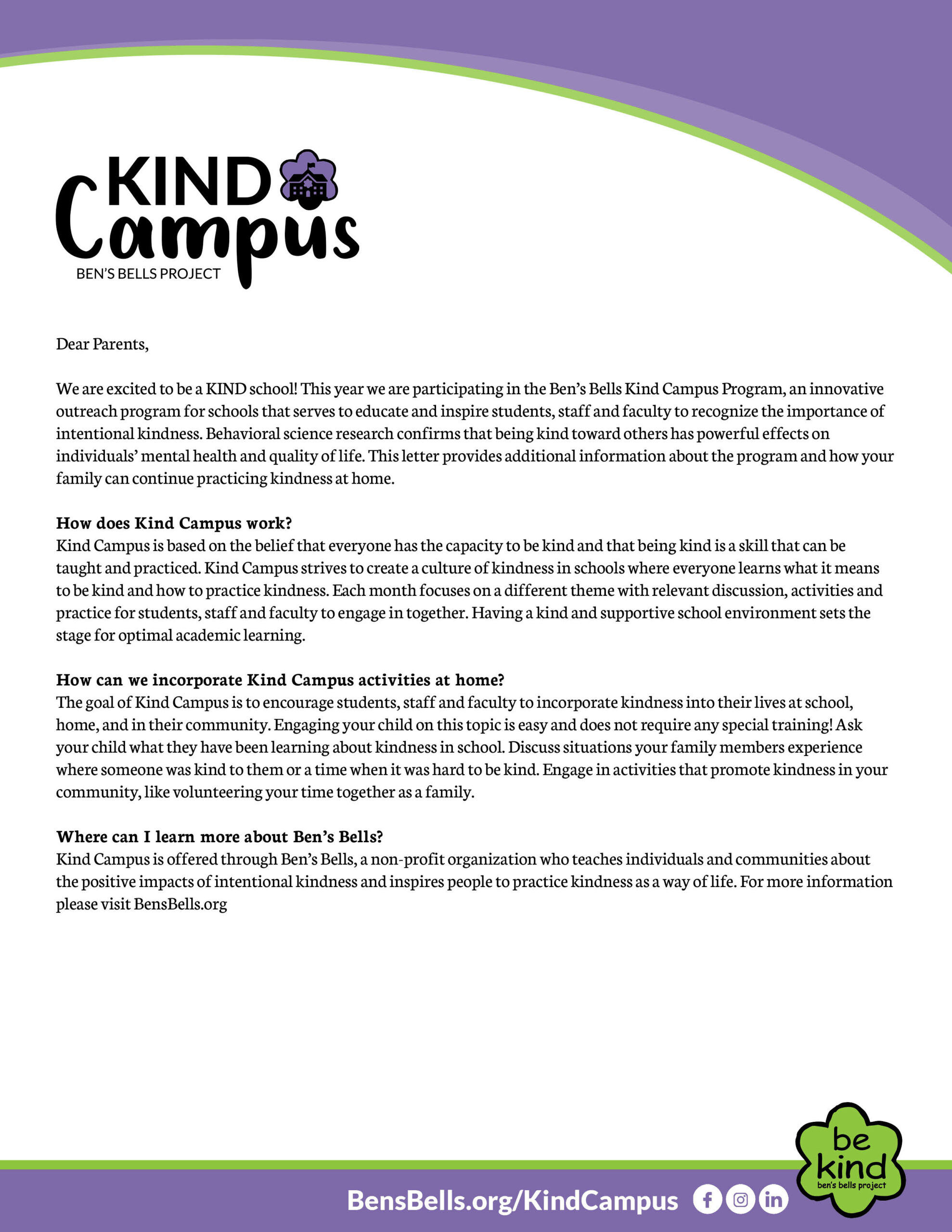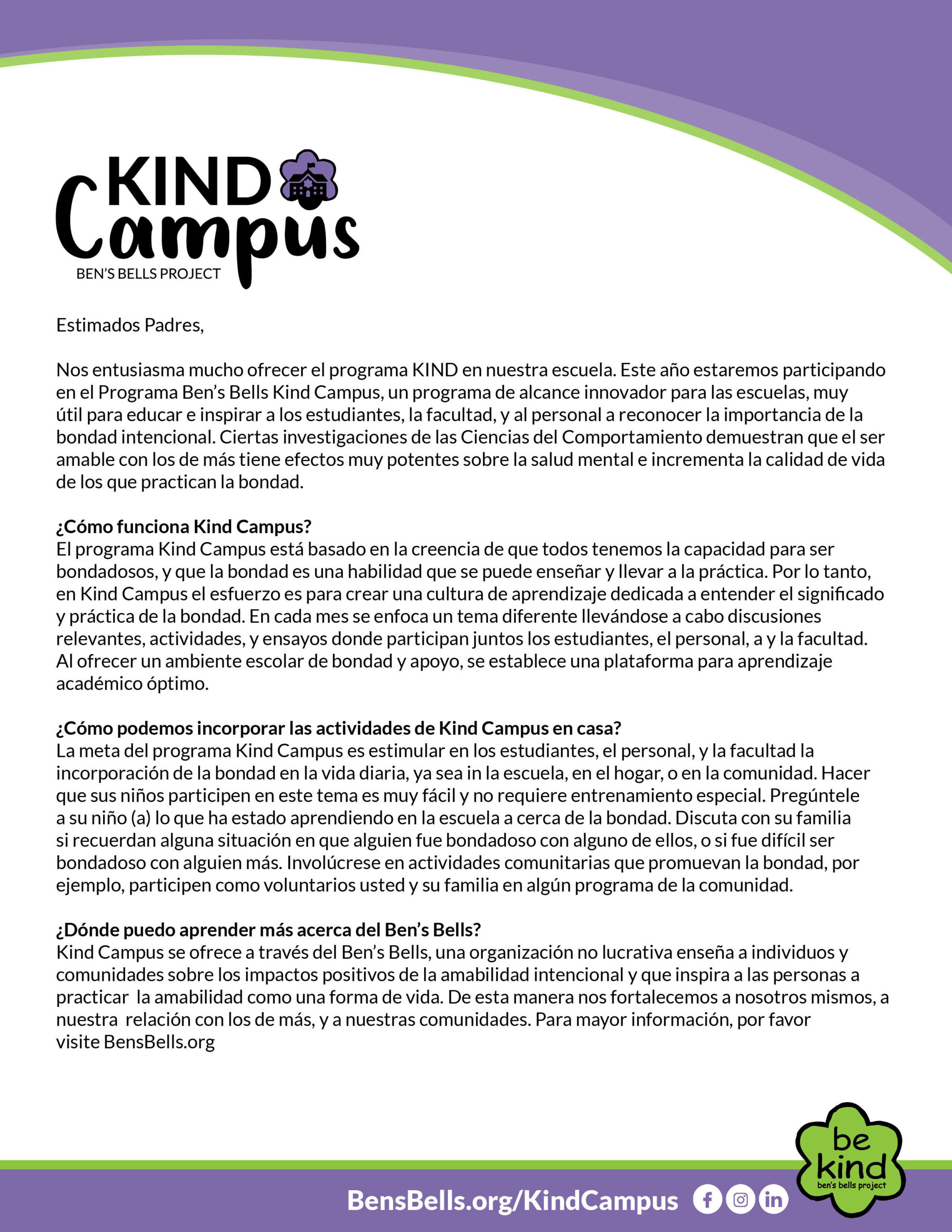
Getting Started 2024
Intended for students K-12, make your way through the program using our Monthly Guides, or follow in bite-size chunks with our Weekly Emails. You’ll receive an email each Monday where you can dive right in and learn a quick kindness lesson or try out a suggested classroom activity to keep your practice active. The weekly emails match the content in the Monthly Guides and will take you through the entire program.
Use the activities and lessons that work best for you; no amount of kindness is too large or small. Many schools have come up with their own kindness projects, activities, or art! Our hope is to help you keep your practice active and establish kindness as a core value on your campus.
The introductory materials below will help you get started:
Educators
Use these materials to help establish Kind Campus in your classroom or school.
Parents
Use these materials to communicate with families about Kind Campus in your classroom or school.
Kind Campus Badge
Download the 2023-2024 Kind Campus badge to display on your school’s website.
